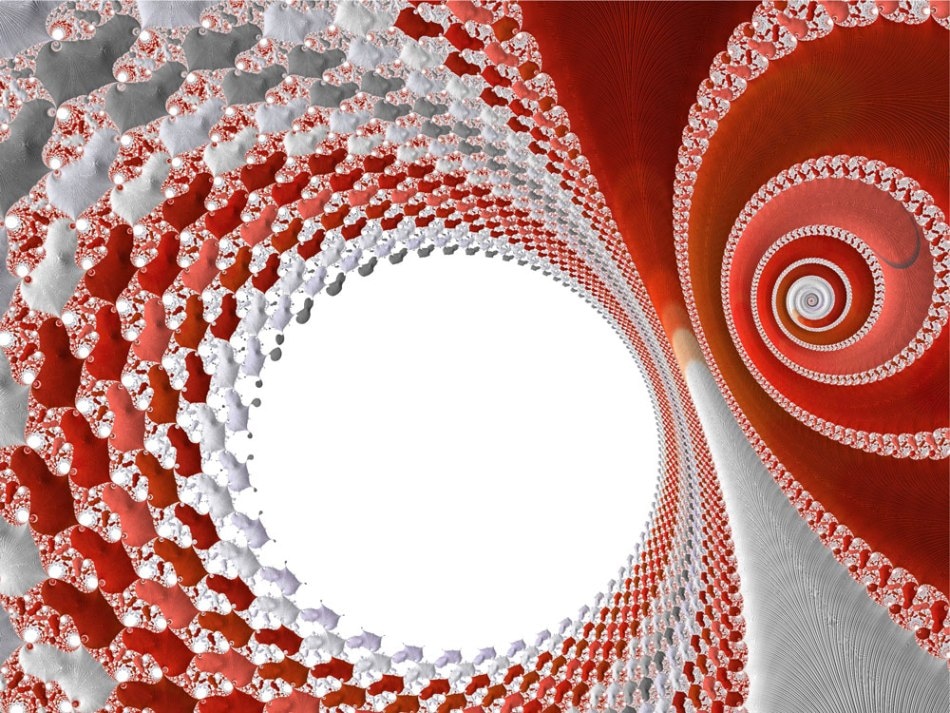Jan 12 2018
A UCL-led team of scientists have developed a method for securely communicating between multiple quantum devices, pushing forward the reality of a large-scale, un-hackable quantum network.
 Quantum computing (Image credit: Kevin Dooley / Flickr)
Quantum computing (Image credit: Kevin Dooley / Flickr)
To date, communicating through quantum networks has only been possible between two devices of acknowledged provenance that have been securely built.
With the UK and EU committing £270 million and €1 billion respectively into funding quantum technology research, a race is now on towards developing the very first truly secure, large-scale network between cities that operate for any quantum device.
We’re in a technology arms race of sorts. When quantum computers are fully developed, they will break much of today’s encryption whose security is only based on mathematical assumptions. To pre-emptively solve this, we are working on new ways of communicating through large networks that don’t rely on assumptions, but instead use the quantum laws of physics to ensure security, which would need to be broken to hack the encryption.
Dr Ciarán Lee, UCL Physics & Astronomy
Featured in Physical Review Letters and financially supported by the Engineering and Physical Sciences Research Council, the study conducted by UCL, the University of Oxford and the University of Edinburgh scientists presents an in depth account of a new method of communicating securely between three or more quantum devices, regardless of who built them.
“Our approach works for a general network where you don’t need to trust the manufacturer of the device or network for secrecy to be guaranteed. Our method works by using the network's structure to limit what an eavesdropper can learn,” said Dr Matty Hoban (University of Oxford, previously University of Edinburgh).
The approach is capable of bridging the gap existing between the theoretical promise of perfect security assured by the laws of quantum physics and the practical implementation of such security in bigger networks.
This approach has the potential to test the security of the quantum devices before engaging in communications with the entire network. This is done by examining if the correlations between devices in the network are essentially quantum and cannot have been developed by another means.
These correlations are employed for establishing secret keys which can be further used for encrypting any preferred communication. Security is guaranteed by the unique feature referring to the fact that it is possible to share quantum correlations only between the devices that developed them, guaranteeing that no hacker will ever be able to learn the key.
The team made use of two methods –causal inference and machine learning – to produce the test for the un-hackable communications system. This approach allocates secret keys in a manner that cannot be efficiently intercepted, because via quantum mechanics their secrecy can be tested and then guaranteed.
“Our work can be thought of as creating the software that will run on hardware currently being built to realize the potential of quantum communications. In future work, we’d like to work with partners in the UK national quantum technologies program to develop this further. We hope to trial our quantum network approach over the next few years,” concluded Dr Lee.
The team acknowledges that an un-hackable network could be abused in the same manner that present networks are, but highlights that there is also a clear advantage for guaranteeing privacy.